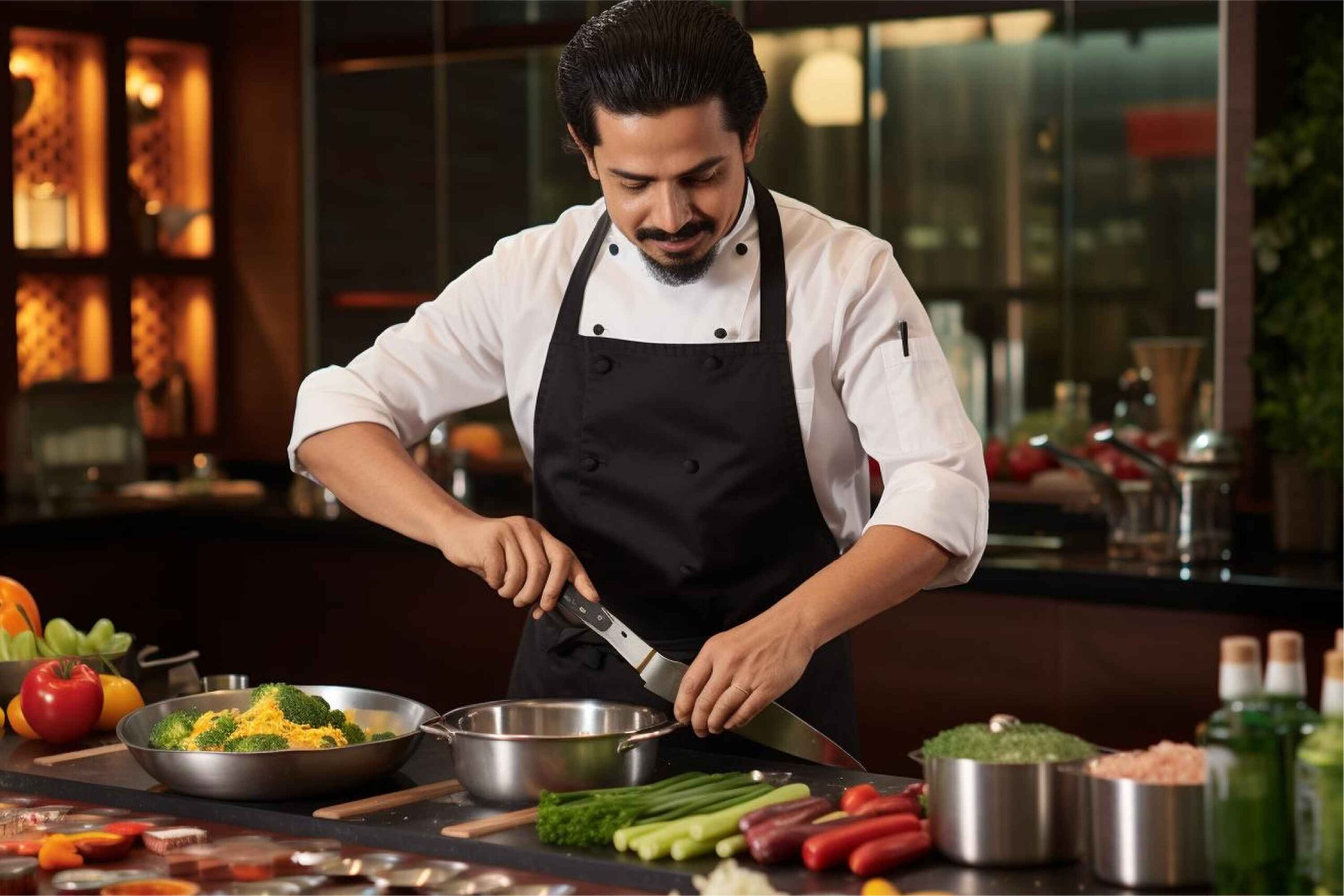
🏆 prize pool – 2 lakhs
Event Description:
The AI & ML Model Challenge aims to provide a competitive platform for participants to design, develop, and deploy advanced artificial intelligence (AI) and machine learning (ML) models to address predefined real-world problems. These problems span across diverse domains, including but not limited to image classification, natural language processing (NLP), and specialized areas such as bio-medical analysis, protein structure prediction, and peptide sequence modelling, autonomous objects, and many more. This initiative is intended to promote innovation, encourage the adoption of best practices in machine learning, and comprehensively assess participants’ technical proficiency and analytical capabilities.
Rewards and Prizes🚀
Winner – 1 lakh
Runner up – 60 k
second Runner up – 40K
RULEBOOK
1. Introduction
The Neural Nexus AI & ML Model Challenge provides a competitive platform for participants to design, develop, and deploy advanced artificial intelligence (AI) and machine learning (ML) models to solve predefined real-world problems. The competition covers various domains:
- Image Classification & Computer Vision
- Natural Language Processing (NLP)
- Bio-Medical Analysis
- Autonomous Systems & Robotics
- AI for Social Good
2. Participation Guidelines
2.1 Team Formation
- Participants can compete individually or in teams.
- A team can have a minimum of 3 and a maximum of 5 members.
- Cross-university and interdisciplinary teams are allowed.
2.2 Registration Process
- All teams must register through the official event portal before the deadline.
- Each participant must provide valid identification and institutional affiliation.
- Late registrations will not be accepted.
2.3 Submission Requirements
- Teams must submit their projects within the given timeline.
- All submissions should include:
- A trained AI/ML model.
- A project report detailing methodology, datasets, and results.
- A demonstration video (optional but recommended).
- Any incomplete submissions may lead to disqualification.
3. Eligibility Criteria
3.1 Who Can Participate?
- Open to university students, professionals, and AI/ML enthusiasts.
- Participants from all technical and non-technical backgrounds are welcome, but prior knowledge of AI & ML is recommended.
- The competition is global, with no geographical restrictions.
3.2 Technical Requirements
- Participants should have experience with AI/ML tools and frameworks such as TensorFlow, PyTorch, Scikit-learn, or equivalent.
- A working knowledge of Python, data preprocessing, and model training is required.
- Teams must have access to computing resources to train and test their models.
3.3 Code of Conduct
- All participants must adhere to ethical AI development practices.
- Plagiarism, unauthorized use of third-party models, or any form of cheating will lead to immediate disqualification.
- Respectful communication and professionalism are expected at all times.
4. Challenge Categories
- Image Classification & Computer Vision
- Natural Language Processing (NLP)
- Bio-Medical Analysis
- Autonomous Systems & Robotics
- AI for Social Good
5. Competition Format
5.1 Phases of the Competition
- Dataset Selection
- Teams will be provided with predefined datasets relevant to their chosen challenge category.
- Alternatively, teams may propose their own dataset, subject to approval by the organizing committee.
- Model Development
- Participants will design, train, and fine-tune their AI/ML models.
- Emphasis will be placed on performance optimization, ethical AI practices, and computational efficiency.
- Final Presentation & Judging
- Each team must present their model, including methodology, results, and deployment feasibility.
- Judges will evaluate projects based on predefined criteria (see Judging Criteria section).
5.2 Judging Criteria
Models will be evaluated based on:
- Accuracy & Performance (30%): How well the model performs on the given dataset.
- Innovation & Novelty (20%): Unique approaches used in model design and problem-solving.
- Scalability & Deployment (20%): Ability to scale and deploy the model in real-world applications.
- Ethical AI & Bias Mitigation (15%): Measures taken to ensure fairness and avoid bias.
- Presentation & Documentation (15%): Clarity, thoroughness, and effectiveness in presenting the solution.
6. Prizes & Recognition
- 1st Place: Cash prize and certificate of excellence.
- 2nd Place: Cash prize and certificate of achievement.
- 3rd Place: Cash prize and certificate of recognition.
8. Contact Information
For queries, reach out to the event organizers via email or official event channels.
Mr. Ankit Chaudhary – 8745888942
Mr. Pranav Maheshwari – 9557410485
This rulebook serves as the official guideline for The Neural Nexus: An AI-Model Challenge. Participants are expected to comply with all rules and regulations for a fair and competitive environment.




